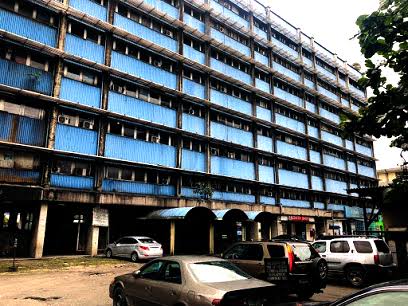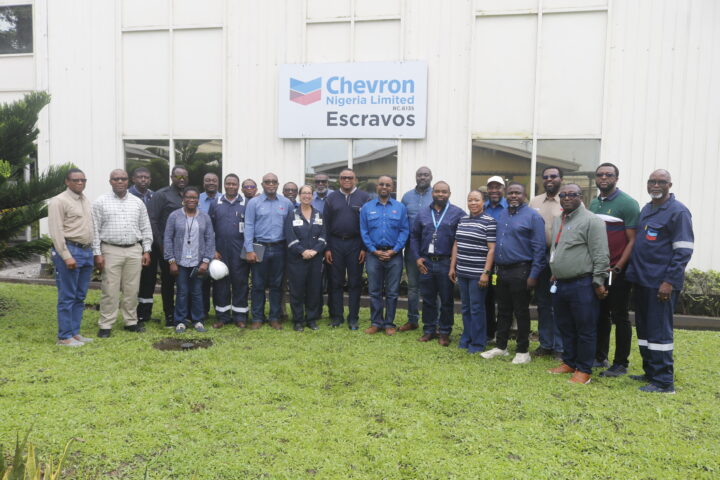Mohammed Shosanya
Tackling hunger in Nigeria is a crucial step toward achieving broader economic development and stability in the country,the Nigerian Economic Summit Group(NESG),has said.
A statement on Wednesday issued by Ms. Ayanyinka Ayanlowo, Acting Head, Strategic Communication & Advocacy, NESG, said that despite the fact that Nigeria has vast agricultural potential, food insecurity remains a significant concern, exacerbated by factors such as conflicts, climate change, and poverty.
According to her,the forthcoming 30th Nigerian Economic Summit would explore targeted interventions, including enhancing agricultural productivity, improving food distribution systems, and supporting smallholder farmers.
She said:”Tackling hunger, one of the most pressing global challenges, will take center stage at the 30th Nigerian Economic Summit (NES #30) during Plenary V: “Tackling Hunger,” scheduled from October 14th to 16th, 2024, at the Transcorp Hilton Hotel in Abuja.
“As hunger continues to impact millions across Africa, the session will focus on sustainable solutions to combat food insecurity and malnutrition, particularly in Nigeria and the broader African continent.
“According to the 2023 Global Hunger Index, Africa is home to 8 of the 9 countries with alarming levels of hunger, a situation that continues to threaten economic stability and development.
“With under-five child mortality attributed to hunger estimated at 3.2 million children, Africa accounts for nearly half of the world’s child deaths in this age group.
“Addressing this crisis is not just a moral imperative but a critical economic and social challenge.”
The group affirmed that some countries across the world have introduced right policies, enabling laws and good interventions to drastically reduce hunger in their countries.
“Countries like Brazil have demonstrated that with the right policies, hunger can be dramatically reduced.
“Brazil’s “Fome Zero” (Zero Hunger) initiative has been widely praised for its success in combining social programmes, agricultural subsidies, and food security measures to significantly reduce hunger and poverty.
“Similarly,India’s National Food Security Act has enabled millions of citizens to access affordable food through a well-organised public distribution system, offering valuable insights for Nigeria’s food security strategy,” the NESG said.
In line with the theme of this year’s Summit, “Collaborative Action for Growth, Competitiveness, and Stability,” the NESG underscored the importance of collective efforts in tackling hunger.
“Plenary V will bring together government officials, agricultural experts, development partners, and private sector stakeholders to discuss how Nigeria can leverage partnerships and innovative approaches to create a hunger-free future.
“By improving food production, reducing post-harvest losses, and addressing climate change’s impact on agriculture, Nigeria can take decisive steps to reduce hunger and malnutrition.
“Policies aimed at strengthening the agricultural sector, boosting rural infrastructure, and providing access to financial resources for small-scale farmers will also be key discussion points during the session,” the statement added.
















